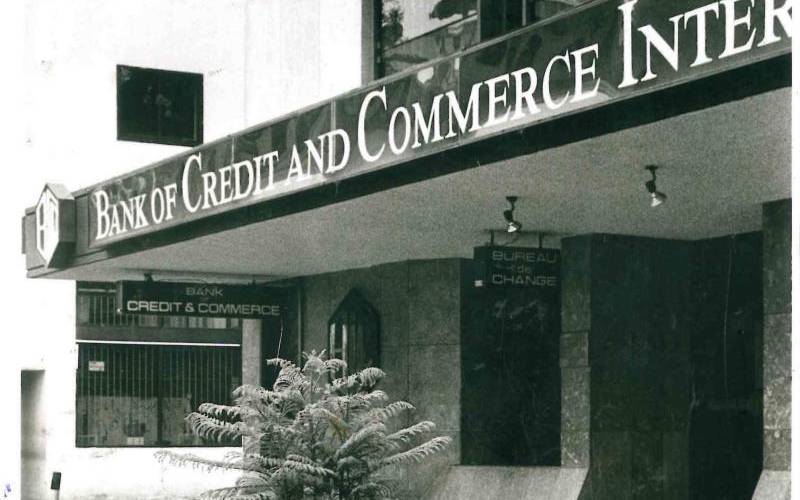×
The Standard e-Paper
Smart Minds Choose Us

“This bank would bribe God.” These words of a former employee of the disgraced Bank of Credit and Commerce International (BCCI) sum up one of the most rotten global financial institutions.
BCCI pitched itself as a top bank for the Third World, but its spectacular collapse would reveal a web of transnational corruption and a playground for dictators, drug lords and terrorists.